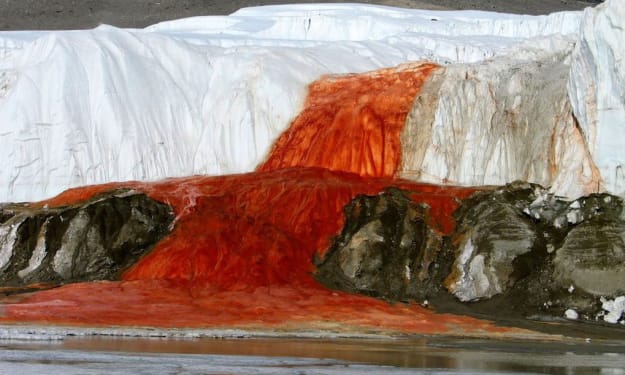OVERCOMING OBSTACLES.
Clearing the Path for Clean Energy Growth.

In the transformative journey towards a sustainable and clean energy future, we often encounter roadblocks that impede progress. A recent TED Talk by a prominent figure in the clean energy sector sheds light on the challenges faced by the industry and proposes pragmatic solutions to pave the way for a greener tomorrow.
The speaker begins by recounting a pivotal moment during their college years when the CEO of a clean energy developer presented an innovative technology capable of generating substantial clean electricity while curbing emissions. This revolutionary project, named Cape Wind, aimed to install 130 massive offshore turbines along the coast of Cape Cod, Massachusetts. The potential to power over 300,000 homes and eliminate the need for a mid-sized emitting power plant captured the imagination and enthusiasm of the speaker, propelling them into a career in clean energy and climate policy.
However, the reality after two decades is starkly different from the envisioned progress. Despite having the technology, engineers, and policies to significantly reduce global emissions and tackle climate change, bureaucratic hurdles and opposition from various quarters have hindered the growth of clean energy projects. The speaker highlights the disturbing trend where regulations and lawsuits, initially designed to safeguard the environment, are misused to stall or halt countless clean energy initiatives. Wealthy coastal landowners, irrespective of political affiliations, often resist projects like offshore wind turbines due to aesthetic concerns, creating a bottleneck in the adoption of green technologies.
The speaker emphasizes that the time has come for governments to step aside and allow the private sector to take the lead in building clean energy infrastructure. They argue that a shift in mindset is crucial, with environmentalists needing to embrace a more affirmative stance, saying "yes" more than "no" to foster a conducive environment for free enterprise to thrive.
Contrary to the stereotypical image of an environmentalist, the speaker identifies as a pragmatic advocate who acknowledges the role of free markets in deploying clean capital efficiently. Running an American clean energy non-profit organization called ClearPath, they stress the importance of supporting policies that accelerate innovations to reduce and remove global energy emissions.
The urgency to transform the American power system is underscored, with the need to make it 100 percent clean as the starting point for achieving net-zero emissions in the United States. As the scope of electrification expands across various sectors of the economy, the speaker envisions doubling the size of the clean energy system within the next 27 years, a formidable task requiring approximately 10,000 new clean energy projects in the US alone during this decade.
The talk delves into the bureaucratic hurdles that have been erected since the 1970s, hindering the progress of clean energy projects. The National Environmental Policy Act (NEPA), originally intended to assess the environmental impact of projects, has become a tool for wealthy stakeholders to file lawsuits and impede clean energy developments. The permitting process, both at the national and regional levels, is fraught with delays, posing a significant obstacle to achieving clean energy goals.
The speaker advocates for a paradigm shift in environmental regulation, suggesting that environmentalists should support a wide array of clean energy projects, even those not explicitly endorsed in the past. They propose automatic permitting for certain classes of clean energy with minimal local environmental impact, coupled with expedited reviews and adjudications for projects with significant environmental consequences.
Drawing inspiration from global examples, the speaker applauds countries like Spain that have successfully implemented reforms to eliminate upfront environmental statements for some classes of clean energy. The ultimate call to action is clear: a collective commitment to saying "yes" to clean energy projects, streamlining regulatory processes, and building a sustainable future.
In conclusion, the TED Talk serves as a rallying cry for a unified effort to overcome regulatory hurdles and opposition, emphasizing the imperative of supporting and expediting clean energy projects to address the urgent global challenges of climate change and emissions reduction.
About the Creator
Callum Prince
I go into new and earth related information. For my readers to learn about our current world.






Comments (1)
valuable information.